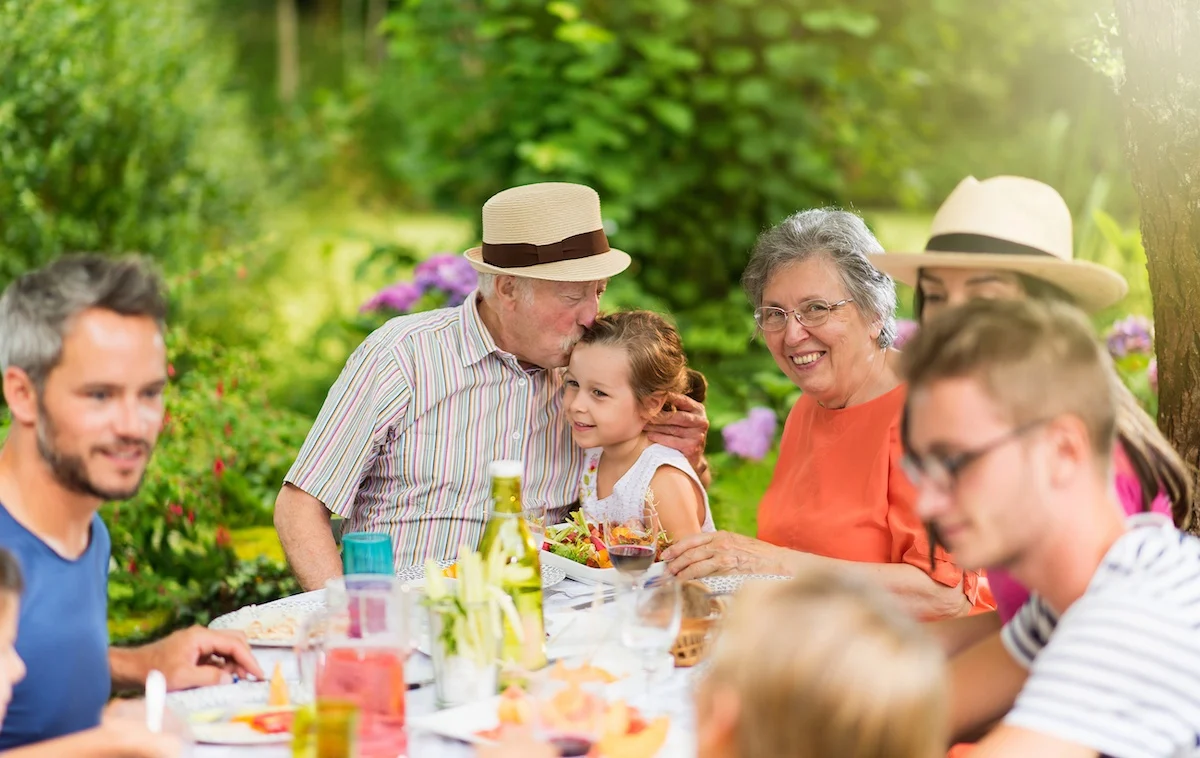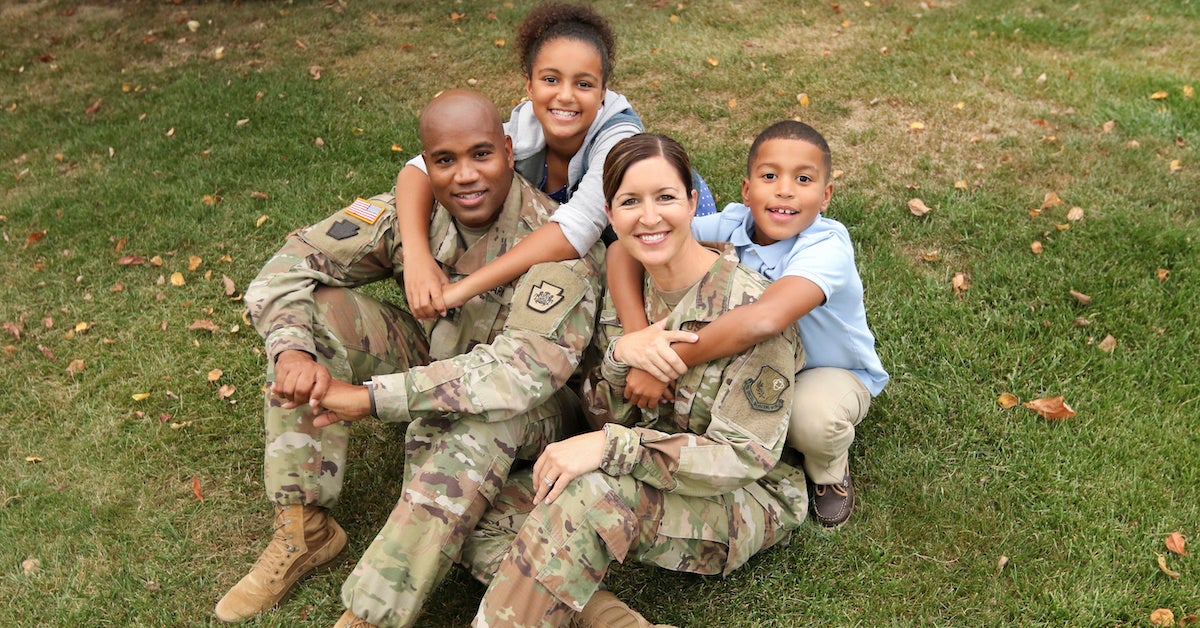Balancing Cultural Values in Multicultural Parenting: Top Strategies
To balance cultural values in multicultural parenting, focus on embracing diversity, fostering open communication, establishing shared family values, celebrating traditions, exploring cultures, and nurturing respect for differences. Embrace cultural diversity to shape your child’s sense of self. Prioritize open communication for understanding and unity. Establish shared family values to bridge cultural backgrounds. Celebrate traditions for a sense of belonging. Encourage cultural exploration through curiosity and travel. Nurture respect for differences through empathy and discussions. By following these strategies, you can create a harmonious multicultural parenting approach that celebrates diversity and fosters understanding within your family.
Key Takeaways
- Embrace cultural diversity to foster holistic development in parenting.
- Prioritize open communication to understand diverse backgrounds effectively.
- Establish shared family values that bridge cultural differences.
- Celebrate cultural traditions to nurture identity and continuity.
- Encourage cultural exploration to promote curiosity and appreciation for diversity.
Embracing Cultural Diversity

Embracing cultural diversity in multicultural parenting fosters a rich tapestry of traditions and values that contribute to a child’s holistic development. Cultural integration plays a pivotal role in shaping a child’s sense of self and belonging. It allows them to navigate and appreciate different customs, languages, and practices, fostering a deep understanding and respect for various cultural backgrounds.
When parents prioritize cultural identity within the family dynamic, children are more likely to develop a strong sense of self-awareness and pride in their heritage. This sense of belonging can provide a solid foundation for children to navigate the complexities of a diverse society with confidence and empathy.
Prioritizing Open Communication
To foster effective cultural integration and enhance your child’s understanding of diverse backgrounds, prioritizing open communication within the family dynamic is essential. Building trust through transparent conversations allows for a safe space where cultural differences can be openly discussed and embraced.
Active listening, a critical component of open communication, involves not only hearing but truly understanding each other’s perspectives. By actively listening to your child’s thoughts and experiences related to their cultural identity, you show them that their voice is valued and respected.
Encouraging open communication also helps in addressing potential conflicts that may arise from differing cultural beliefs or practices. When family members feel comfortable expressing their thoughts and concerns openly, it fosters a sense of unity and understanding.
This open dialogue promotes empathy and mutual respect among family members, creating a supportive environment for cultural exploration and growth.
Establishing Shared Family Values

When creating shared family values in a multicultural parenting environment, it’s essential to identify core principles that resonate with everyone in the family.
By establishing these foundational beliefs, you can bridge the gap between diverse cultural backgrounds and create a sense of unity within the family unit.
This process allows each family member to feel heard, respected, and connected, fostering a harmonious and supportive environment for all.
Core Family Principles
Establishing shared family values is a foundational aspect of multicultural parenting that fosters unity and understanding among family members. When blending traditional customs and generational values within a multicultural family, it’s essential to establish core principles that resonate with everyone. These core family principles serve as a compass, guiding your family through the complexities of diverse cultural backgrounds. By openly discussing and prioritizing these values, you create a sense of belonging and mutual respect among family members.
Incorporating traditional customs into your core family principles can help preserve cultural heritage and strengthen familial bonds. By embracing generational values, you honor the wisdom and experiences passed down through your family lineage. Encouraging open communication and flexibility in interpreting these values allows for a harmonious blend of cultural perspectives within the family dynamic.
Uniting Diverse Beliefs
Creating a strong foundation for your multicultural family involves the unification of diverse beliefs through the establishment of shared family values. In maneuvering the complexities of cultural harmony within your family, it’s essential to acknowledge the diverse upbringing that each individual brings to the table.
By embracing this diversity and actively engaging in discussions that promote understanding and respect for different perspectives, you can work towards integrating values that resonate with everyone in the family.
Value integration is key in fostering belief balance within a multicultural household. It requires open communication, active listening, and a willingness to compromise when necessary. By identifying common ground and core principles that align with the values of each family member, you can establish a set of shared values that serve as the guiding principles for your family.
Remember that the journey towards uniting diverse beliefs is ongoing and requires continuous effort. Embrace the richness that comes from your family’s diverse cultural backgrounds, and celebrate the unique tapestry of beliefs that contribute to the strength of your familial bonds.
Celebrating Cultural Traditions
As you navigate the intricate path of multicultural parenting, celebrating cultural traditions can serve as a unifying force for your family.
Embracing family rituals creates a sense of belonging and continuity, anchoring your children in their diverse heritage.

Embracing Family Rituals
Embracing family rituals is integral to nurturing a sense of cultural identity and continuity within multicultural parenting dynamics. These rituals serve as a bridge between generations, connecting individuals to their roots while providing a sense of belonging and understanding of their family heritage.
By engaging in cultural celebrations and traditional practices, you not only create lasting memories but also instill a deep appreciation for your cultural background.
Generational connections are strengthened through the sharing of family rituals, as grandparents pass down stories and customs to younger family members, fostering a sense of pride in one’s heritage. Cultural celebrations, whether they be religious holidays, festivals, or ceremonies, offer opportunities for families to come together, reaffirming shared values and traditions.
Embracing family rituals allows you to honor your past while creating a sense of belonging in the present. By integrating these practices into your multicultural parenting approach, you’re laying the foundation for a rich tapestry of cultural understanding and unity within your family.
Teaching Cultural Customs
To deepen your multicultural parenting approach, instilling an understanding and appreciation of cultural customs through celebrating traditions is vital in fostering a sense of heritage and unity within your family.
Language learning plays an essential role in preserving cultural customs. Encourage your children to learn their native language or languages spoken in your family’s heritage, creating a strong connection to their roots.
Incorporating cultural attire into celebrations can be a fun way to teach your children about their heritage. Dressing up in traditional clothing during festive holidays not only educates them about their culture but also instills a sense of pride in their identity.
Additionally, exposing your family to traditional music from your cultural background can help them appreciate the richness of their heritage.
Exploring Festive Foods
How can you incorporate festive foods from your cultural background to deepen your family’s connection to traditions and heritage?
One of the most impactful ways to celebrate your cultural heritage is through traditional dishes and festive meals. By preparing and enjoying cultural cuisine together, you not only savor delicious flavors but also pass down generational recipes and stories.
Holiday recipes hold significant meaning as they often symbolize history, values, and shared experiences. When you cook these dishes with your family, you create lasting memories and strengthen your bond through the act of preparing and sharing a meal together.
Whether it’s a special dish reserved for celebrations or a recipe that has been handed down through the years, each bite can transport you to your cultural roots.
Exploring festive foods allows you to educate your children about their heritage while indulging in the rich tapestry of flavors and aromas that define your cultural identity. Through these culinary experiences, you can instill a sense of pride and belonging in your family, fostering a deeper understanding and appreciation for your cultural traditions.
Encouraging Cultural Exploration

Wondering how you can foster a sense of curiosity and appreciation for different cultures in your children? Encouraging cultural exploration is key in nurturing their cultural identity and broadening their perspectives.
One effective way to achieve this is through travel experiences. Exposing your children to diverse cultures firsthand can ignite their curiosity and help them appreciate the beauty of cultural differences.
Additionally, promoting language learning can play a significant role in encouraging cultural exploration. Learning a new language not only opens doors to communication but also provides insight into the nuances of different cultures. Consider enrolling your children in language classes or incorporating language learning apps into their routine.
Moreover, embracing global education opportunities can further enhance cultural exploration. Encouraging your children to engage with international issues, participate in multicultural events, and learn about global traditions can broaden their understanding and appreciation of the world around them.
Nurturing Respect for Differences
Fostering respect for differences among your children involves nurturing an appreciation for diverse perspectives and cultural backgrounds. By fostering empathy and promoting understanding, you can help your children develop a deeper respect for others.
Encourage open discussions about different cultures, beliefs, and traditions. Teach them the importance of listening actively and valuing differences, cultivating acceptance towards all individuals.
Model respectful behavior by demonstrating empathy and understanding towards people from diverse backgrounds. Engage in activities that expose your children to various cultures, such as celebrating different holidays or trying new cuisines.
Encouraging your children to interact with individuals from different backgrounds can also help broaden their perspectives and foster a sense of inclusivity.
Emphasize the significance of treating others with kindness and respect, regardless of their cultural differences. By instilling these values early on, you can help your children become more accepting and compassionate individuals who appreciate the beauty of diversity.
Frequently Asked Questions
How Do I Handle Disagreements About Cultural Values With My Partner?
When handling disagreements about cultural values with your partner, communication is key. Listen actively, express your thoughts respectfully, seek compromise. Understand each other’s perspectives, respect differences, and work together to find common ground that honors both of your cultural values.
What Can I Do if My Child Rejects Their Cultural Background?
If your child rejects their cultural background, encourage identity exploration. Foster cultural acceptance through open communication. Strengthen the parent-child relationship by listening, validating feelings, and sharing personal experiences. Embrace their journey with empathy and understanding.
Is It Possible to Blend Multiple Cultural Traditions in One Family?
Yes, blending multiple cultural traditions in one family is possible. By valuing each tradition, understanding differences, and fostering open communication, you can navigate conflicts, maintain identity, and create a harmonious environment that celebrates diversity.
How Can I Address Cultural Insensitivity From Extended Family Members?
When dealing with cultural insensitivity from extended family members, it’s essential to set boundaries within family dynamics. Educate relatives on your values and heritage using clear communication strategies. Respect and understanding can bridge divides.
What if My Child Feels Pressured to Conform to a Specific Culture?
If your child feels pressured to conform to a specific culture, it’s essential to support their cultural identity and individual expression. Acknowledge peer pressure while also managing family expectations sensitively, fostering a sense of belonging and autonomy.
Conclusion
To sum up, balancing cultural values in multicultural parenting requires a combination of:
- Embracing diversity
- Open communication
- Shared family values
- Celebrating traditions
- Encouraging exploration
- Nurturing respect
By implementing these strategies, you can create a harmonious and enriching environment for your children to grow up in, where they can learn to appreciate and embrace the differences that make us unique.
Remember, the key is to prioritize understanding, empathy, and inclusivity in order to raise culturally aware and accepting individuals.

Hey there! 👋 I’m a proud mom and passionate writer, sharing my parenting journey. 📝 Join me as I navigate the ups and downs of motherhood, offering tips, advice, and a sprinkle of humor along the way. 🌟







